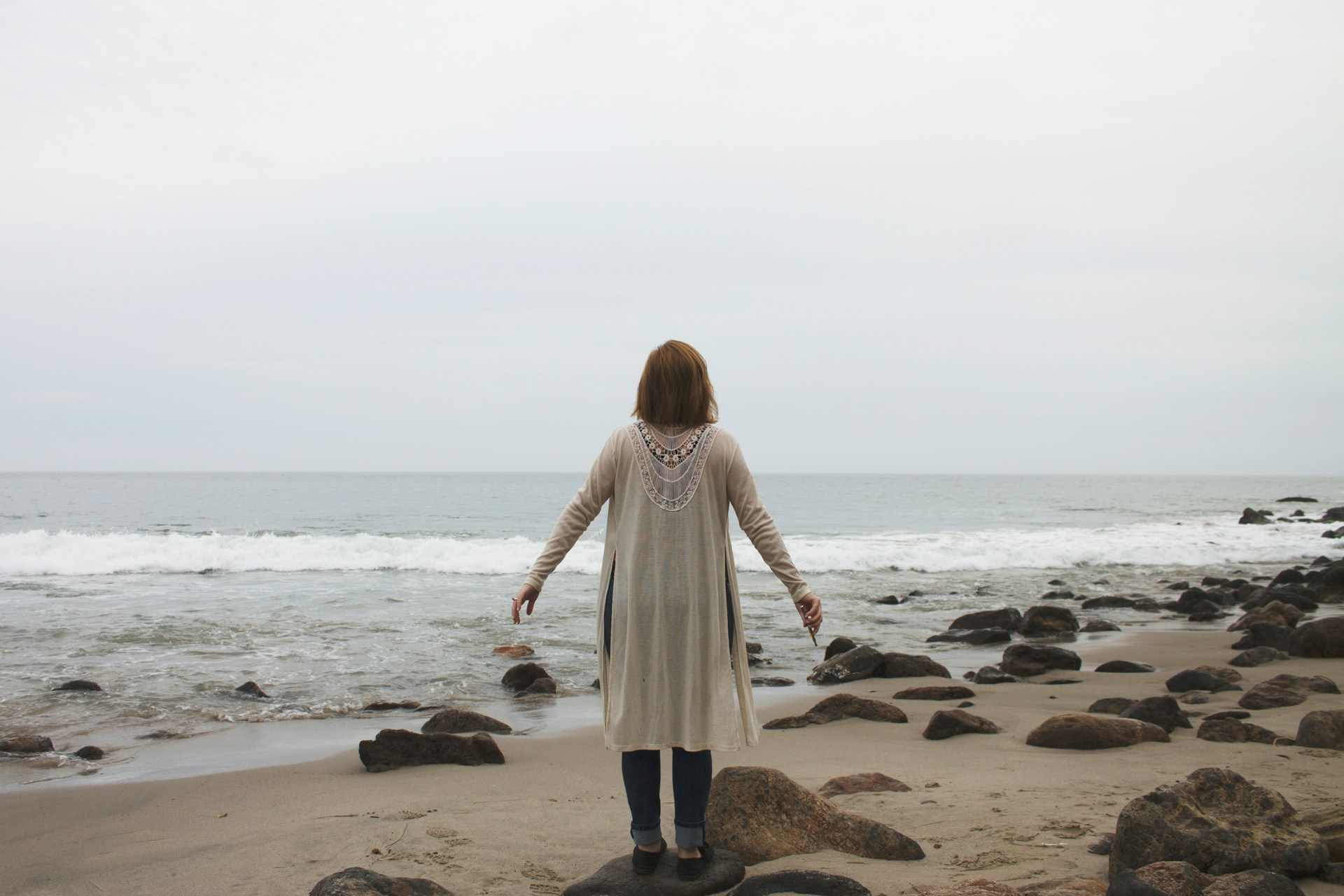 Everyone has anxiety surrounding one stressful situation or another. We may not all feel anxious about the same things, but we know the experience of being anxious and may not know how to reduce anxiety.
Everyone has anxiety surrounding one stressful situation or another. We may not all feel anxious about the same things, but we know the experience of being anxious and may not know how to reduce anxiety.
Anxiety is how our bodies and minds respond to stressful situations, such as a job interview, a difficult but necessary conversation with a loved one, a first date, or pitching an idea to a prospective client. The situation may not be dangerous as such, but our bodies can interpret threats in various ways.
When a person feels anxious, it’s often experienced as a persistent and excessive worry about a situation or event. This event is usually one that’s anticipated in the future, and it is often out of their control.
Their anxiety may be related to something they look forward to, but it can relate to a trauma that they’re afraid they’ll relive. Anxiety has a purpose in our lives but left unchecked it can have a huge negative effect on every aspect of our lives, including disrupting daily life and causing issues at home, work, or school.
5 Ways to Reduce Anxiety
Anxiety in small doses is a good thing, but it can become overwhelming. Some ways to reduce anxiety include:
Embrace your anxiety. Often, when you try to fight against something, that very effort can work against you. Sometimes, it’s helpful to just embrace your anxiety, to experience what your body is going through, and to let it pass on its own.
Understand how anxiety works and affects your body so that you’re not surprised by your rapid heartbeat or sweaty palms. Also, know your triggers so that you can anticipate situations that increase your anxiety, ready to practice any coping strategies you’ve learned.
Stay physically active. Being physically active most days of the week by having a set routine can help you reduce stress and improve your mood while getting you healthy. You don’t have to do big things, but it helps to be consistent with whatever form of exercise you choose.
Mind what you put into your body. There’s a powerful connection between your mind, body, and emotions. Your diet can have an impact on anxiety, and a healthy diet with vegetables, fruits, whole grains, and fish may help reduce anxiety. It’s also important to get enough quality sleep to help you feel rested and refreshed.
Sleep is one way for our bodies to hit the reset button and start afresh. Lastly, be mindful of the substances you ingest, such as alcohol, recreational drugs, sugary drinks, nicotine, and caffeine. These substances can cause or worsen anxiety.
Stick to your treatment plan. If you see a doctor or another health professional and they prescribe medications as part of your regimen, take those medications as directed and don’t stop because the symptoms are reduced in intensity.
 Consult with your doctor before you stop taking medication. Additionally, be sure to keep your appointments for counseling and complete any assignments your counselor gives you because consistency with your treatment plan can make a big difference in reducing your anxiety.
Consult with your doctor before you stop taking medication. Additionally, be sure to keep your appointments for counseling and complete any assignments your counselor gives you because consistency with your treatment plan can make a big difference in reducing your anxiety.
Get support.Anxiety can isolate you in a prison of fear. It’s important not to let anxiety or worry isolate you from loved ones. Reach out for support from them, and from a professional counselor. Counseling, which uses therapeutic techniques such as behavioral therapy, can help with thought reframing, helping you to move past patterns of thought and behavior that undermine your mental and emotional health.
Additionally, your counselor can teach you coping techniques such as deep breathing and mindfulness to handle anxiety when it comes. Reach out and contact a counselor at Sunnyvale Christian Counseling to get help in bringing your anxiety under control.
Photos:
“Green Leaves”, Courtesy of Abyan Athif, Unsplash.com, CC0 License; “Candles”, Courtesy of Melanie Dijkstra, Unsplash.com, CC0 License
- Kate Motaung: Curator
Kate Motaung is the Senior Writer, Editor, and Content Manager for a multi-state company. She is the author of several books including Letters to Grief, 101 Prayers for Comfort in Difficult Times, and A Place to Land: A Story of Longing and Belonging...
Recent Posts
DISCLAIMER: THIS ARTICLE DOES NOT PROVIDE MEDICAL ADVICE
Articles are intended for informational purposes only and do not constitute medical advice; the content is not intended to be a substitute for professional medical advice, diagnosis, or treatment. All opinions expressed by authors and quoted sources are their own and do not necessarily reflect the opinions of the editors, publishers or editorial boards of Stone Oak Christian Counseling. This website does not recommend or endorse any specific tests, physicians, products, procedures, opinions, or other information that may be mentioned on the Site. Reliance on any information provided by this website is solely at your own risk.





